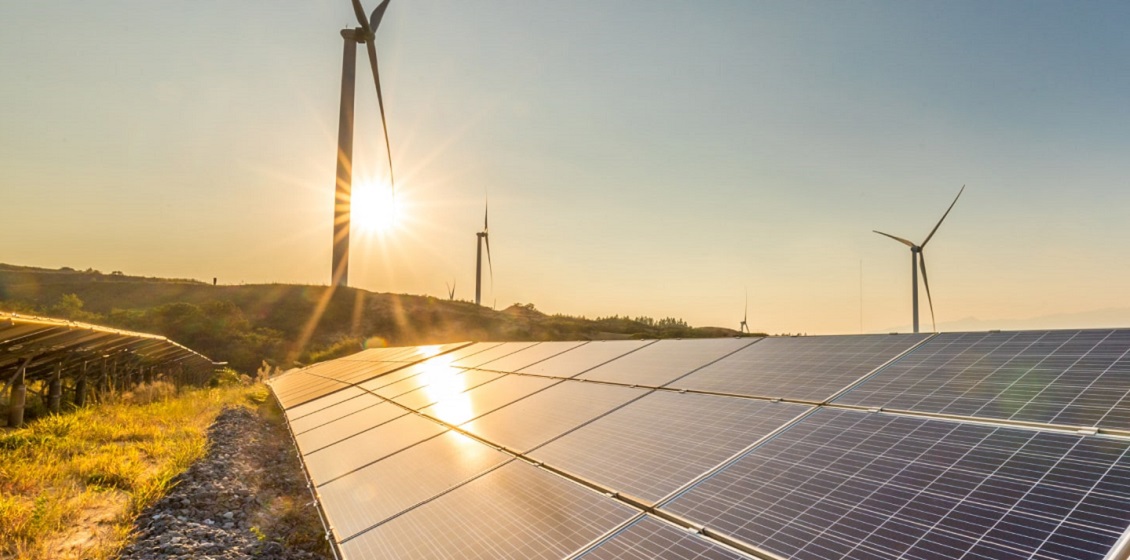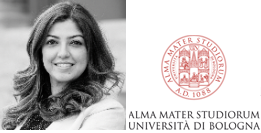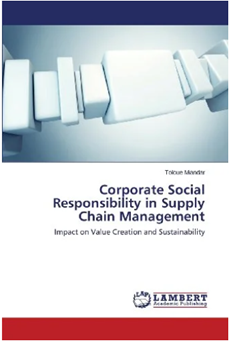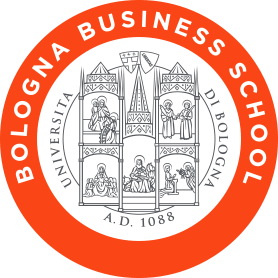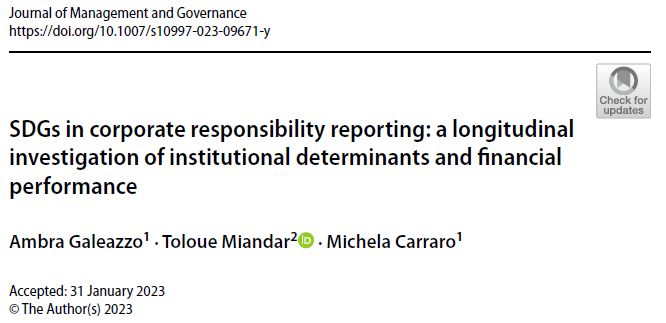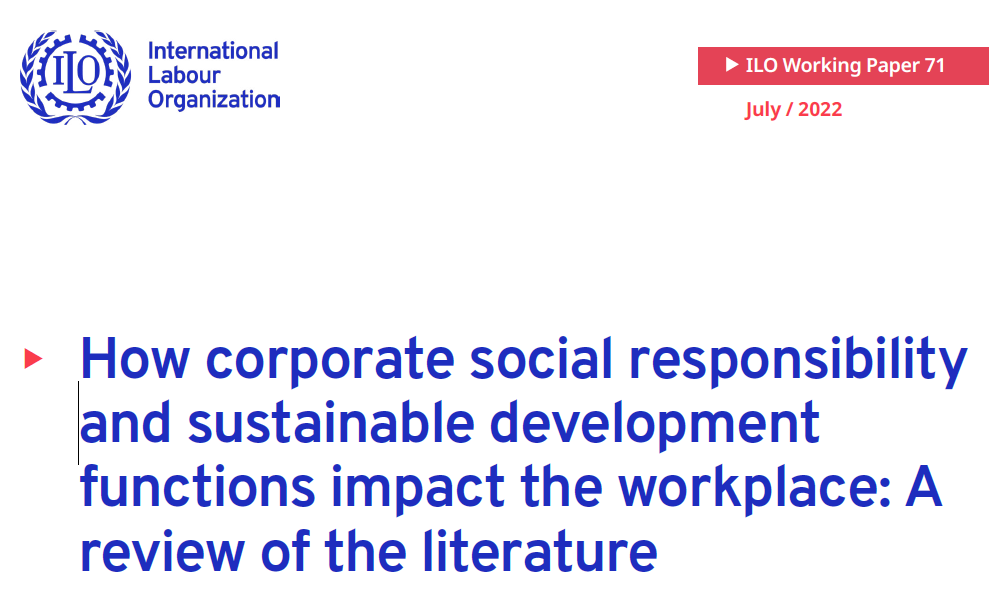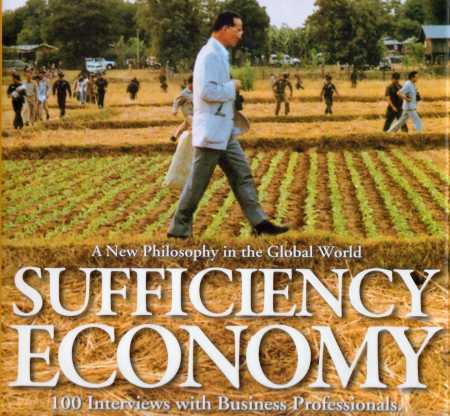Sustainability is one of the most topical themes both for companies and individuals, as we are all involved in it. No matter what, the correct application of sustainability principles and policies may not be as easy as it seems for companies, especially due to the lack of guidelines provided. In this sense, it is essential to rely on experts that have clear the situation and the measures to be implemented from a wider point of view. For this reason, we have interviewed Professor Toloue Miandar, she is Assistant Professor at the Department of Management of University of Bologna and faculty member at BBS Centre for Sustainability and Climate Change, where she is teaching Sustainability-Oriented Innovation, Business Ethics and Sustainability. She also has Postdoctoral Research at the Department of Economics and Management of University of Padova and at the Politecnico di Milano School of Management. In addition, she produced several works, such as “Corporate Social Responsibility in Supply Chain Management: Impact on Value Creation and Sustainability” and “What Do Unions and Employers Negotiate Under the Umbrella of Corporate Social Responsibility? Comparative Evidence from the Italian Metal and Chemical Industries”, plus articles on the Journal of Management and Governance, like the latest one recently published “SDGs in corporate responsibility reporting: a longitudinal investigation of institutional determinants and financial performance”. Her intervention has helped us understand at which point we are in the development and application of the SDGs and how the measures we are implementing impact the Global South, which as we know is strongly connected to our market and to the decisions we take in the sustainability field.
How did you get close to corporate sustainability and the entire concept of sustainability itself? What was and is your goal?
“For me it started back in the time I did my Master degree, I was in Cyprus, one of the countries of the European Union, I did my MBA there. There, one of the courses was “Supply chain management” and in this “Supply Chain Management” course there was one of the topics which was “Corporate Social Responsibility”, in that time it was not really cored on sustainability, it was more on the concept of corporate responsibility or corporate social responsibility. It was like the highlight of what I have learned during my MBA program, so I decided for my Master thesis to be on Corporate Social Responsibility (CSR) in Supply Chain Management. So, that’s how I got interested in the corporate sustainability topic itself and I wrote my thesis on that and then, when I did my PhD at the University of Milan (Università degli studi di Milano), my proposal for my PhD was based on Corporate Social Responsibility”.
In your career, have you had the opportunity to deal with sustainability in Denmark or in other countries? How do you find the situation there?
“Not really. Unfortunately, I didn’t have the opportunity to have anything in Denmark, but I did something at an international level. My research project for the PhD was based on the sustainability department of Enel and the idea was to see what the interplay or the role CSR managers is have with functional managers. The sustainability department exists, but what about the function of managers in different sections and parts of the company? Do they really know what they do on a daily basis to reach sustainability? Enel is one of the world’s leading energy operators. The company has its headquarter in Italy, but it has branches in other parts of the world as well, like in South America, Liberia, and in more than 30 countries across four continents. It’s huge and it’s one of the leaders in sustainability in the energy industry. Then, I did the postdoctoral research at Politecnico di Milano, I worked with some companies and there’s a book chapter on specifically two industries: fashion industry and food industry. There were some companies, and we did some pilot interviews and worked with them. Specifically in the food industry, we did a case study with the company Lavazza, so in the coffee industry. It’s really challenging in terms of traceability and transparency to see what happens in those developing countries that for example produce coffee. It’s really challenging. That was on the coffee industry and commodity side. In the fashion industry, it was with Hugo Boss. We also did pilot interviews with the Italian branch of Vivienne Westwood and another company I like very much and I think it’s at a very good level in terms of addressing sustainability, it’s Save the duck. It’s one of the big quarts’ panels, I know the sustainability manager and they do really good stuff there in terms of both social and environmental issues”.
Can you make a comparison between international companies as regards corporate sustainability? What measures could be taken in order to reduce the impact of the emissions? How can countries learn from each other?
“What I can share with you is a study I did with my colleagues Ambra Galeazzo and Michela Carraro of the University of Padua that has just been published. What we did, in terms of addressing SDGs, it’s a longitude analysis, it’s the content analysis of the sustainability reports of the 100 most sustainable companies in the world, according to the index ‘Corporate Knights’ (it is a sustainable economy magazine that each year publishes the list of the first 100 most sustainable companies in the world). We took those companies into consideration and checked their sustainability reports and what materials they had published online from 2017 to 2020, for three years. We wanted to see how their strategy and way to address SDGs have changed during this period of time. It’s very important where the headquarters of the companies are. Most of these companies have their headquarters in North America or Europe. Also, for example the companies that have their headquarters in Scandinavian countries are at a high level in terms of addressing SDGs. In developing countries the headquarter is not there, and it was interesting to see the change in the time in terms of addressing SDGs: do they have a specific SDG that they address or is it a more comprehensive way? This is one of the most topical themes in the research world. The title of our article is “SDGs in corporate responsibility reporting, a longitudinal investigation of institutional determinants and financial performance”, and is about investigating institutional determinants of financial performance, because we wanted to see if by addressing SDGs you also had financial performance. It’s a mix methodology qualitative and quantitative”.
You have collaborated with Professor Thomas Erik Johnsen of CBS, in the work “The Role of Purchasing in the Diffusion of Sustainability in Supply Networks”, how did you get to know each other? How has your experience with the Danish approach been?
“When I was a postdoctoral researcher at Politecnico di Milano, I finished my PhD and then there was a position that I always got at Politecnico di Milano and Professor Johnsen was a professor there. He was a Danish Professor in Italy at that time, but then after one year he was there he left. He went back to Audencia School. I had a very good experience working with professor Johnsen. In general, in the research world and when going to conferences, I really like people I have seen from Denmark and the approach they have. We are still working together and have ongoing research which is about the role of purchasing and supply management in the diffusion of sustainability in supply networks.”.
Have you read the new Corporate Sustainability Report Directive of the EU? Do you think that this directive and the other measures taken can improve the situation and will help us to achieve the Sustainable Development Goals within 2030? Should further measures be taken?
“Now we have around 7 years and it’s really a short time to achieve SDGs, but I try to be optimistic. I think there is much more to be done, especially in terms of developing countries. The main challenge is there and in what needs to be done there. A kind of priority to SDGs is to end poverty and hunger, they are the main SDGs, because since there is poverty, what else can be addressed? This is really the main challenge. Is it enough what has been done so far? No, I don’t think so, but consider the Millennium Development Goals, before SDGs, before 2015. You looked at those and yes, they have been achieved somehow, for example talking about HIV, and improvements have been achieved during those 15 years. I’m sure or I try to be positive that also for 2030 there will be good measures in place, but still much more needs to be done”.
In general, do you have any suggestions for companies and individuals to improve under a sustainable point of view?
“I think that this is not just about companies, but also about us as individuals, every individual. I think about this word and the understanding of responsibility. Responsibility is such a big word; each and everyone of us – individuals, but also companies – needs to take responsibility into account at 100%, otherwise nothing is going to change. Also, this overconsumption attitude that we have is part of the problem. A company really based on sustainability is truly integrated into the values and beliefs they have in place, it is not just about the profit they make, it’s about taking into consideration the environmental and social issues, but not just in words, not just greenwashing of course, it’s about really doing something concrete. This is another thing, I think that one of the problems may be that companies spend so much time, energy and resources just on the communication side, on sustainability reports and what is the right word or expression to use, but what have you done in terms of operationalization? What have you done in practice? It is not just about the communication, the marketing. That is the problem: they know it’s important, but it’s just to say something about that”.
How do you think these steps forward in corporate sustainability in Europe will impact the economic situation of developing countries? What are the consequences for the Global South: will the situation improve, be worse or not change?
“This is the main challenge: think about the suppliers. Let me talk about supply chains or value chains. In the end, all these products have been made and what are the working conditions of those people producing any kind of material or even services that we get from developing countries? These fashion companies like Shein: when you buy a product at that price, what is the wage of those people who have produced that kind of product? It’s an over consumption and irresponsible attitude, we call it the ‘one-click approach’. Another way that we can think about improvement of the current situation may be to use digital technology in a way that is in line with sustainability. Consider for example AI and all these new technologies and digital transformations they are talking about, you just think about something and by just thinking about that you receive a hundred advertisements about the product you were thinking to buy and eventually with just one click on Amazon you can buy something, but do you really need that? Probably not. So, these are the ways digital technology is being used, but not in line with sustainability. I think there is a lot to talk about here if you want to think about how to improve the situation, how to really change this consumption attitude we had and to go more towards a sufficiency economy. Sufficiency economy I think is the way: do I need a new phone every 6 months? This is the way we need to think about as consumers and also where do the raw materials come from? Where are the landfills? And what about the damage that is going to be done to those local communities in developing countries? So, again it’s about the responsibility of companies and individuals, everyone”.
Talking about the impact of corporate sustainability on the Global South/developing countries, how do you see the situation? The EU should implement measures also at an extra-European level to push companies all around the world to do something?
“It’s really a value chain. I always think that whatever we do is historical in a sense that it’s even related to these big, huge issues around immigration, so when the condition in developing countries is not good in any sense, as a consequence people would want to immigrate, and then there are all these challenges you see in Southern Europe countries. I know that maybe this is a very idealistic way of thinking, but then that’s why we say ‘it’s like a circle’ (thinking about circular economy also). There’s a poem saying that human beings are different parts of the body, so if a part is in pain, it causes pain also to the rest of the body. I think that if we could think about it in this way and have this approach of course the world would be a better place. It’s not like something to say ‘we are Europe and what is happening in developing countries does not affect us’, it does at the end of the day in different ways”.
Have you had the possibility to investigate and have project research connected to Global South countries? If yes, could you provide an overview of it?
“In the project with Lavazza I did nothing directly with suppliers in South America, but coffee purchasers were telling us how the situation was. Let’s make an example: there are families that produce these sacks of coffee, imagine how difficult it can be to trace and see how every family is producing this coffee. One of the challenges there is that they are traders, they are like the middlemen between these families that produce coffee and coffee buyers. Imagine how it is important to work for example in initiatives like fair trade (you get your product certified by fair trade and then you know that these coffee producers receive the premium price, so that they can decide how to use that extra in their local communities for example to build a school or to do something that helps). Another thing is that working with NGOs is very important in these cases, for instance they had initiatives working with Save the Children, because they are the ones who know what is happening in those local communities. For example, when it’s the time for harvest children go to work, because they are like bread winners of their families. How is it possible that a company like Lavazza can have a positive role through an NGO to help and find solutions for these children so that they don’t have to go to work?”
Through her work Professor Toloue Miandar has provided a remarkable overview of the path towards the achievement of the SDGs. Both companies and individuals need to take charge of the situation and do something: the first by concretely implementing the policies and laws issued by the institutions and the second in their everyday life. What both have in common is the responsibility towards this matter, the environment and each other. Only by taking full responsibility will we be able to really change things and comply with SDGs within 2030.
Federica Sasdelli is a M.Sc. student, University Modena and Reggio Emilia, DDRN University Intern
Toloue Miandar is Assistant Professor at the Department of Management of University of Bologna and faculty member at BBS Centre for Sustainability and Climate Change, where she is teaching Sustainability-Oriented Innovation, Business Ethics and Sustainability. She also has Postdoctoral Research at the Department of Economics and Management of University of Padova and at the Politecnico di Milano School of Management.


